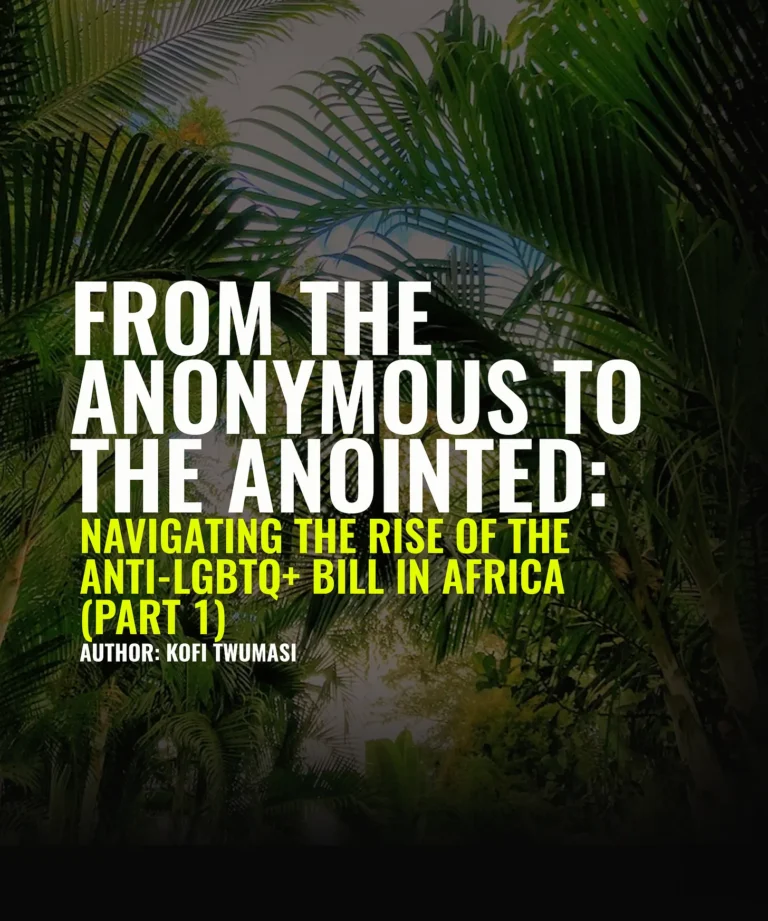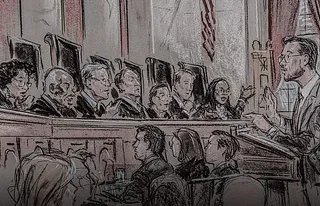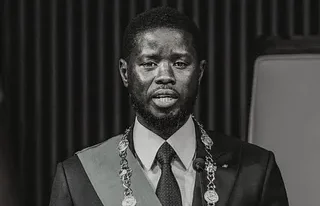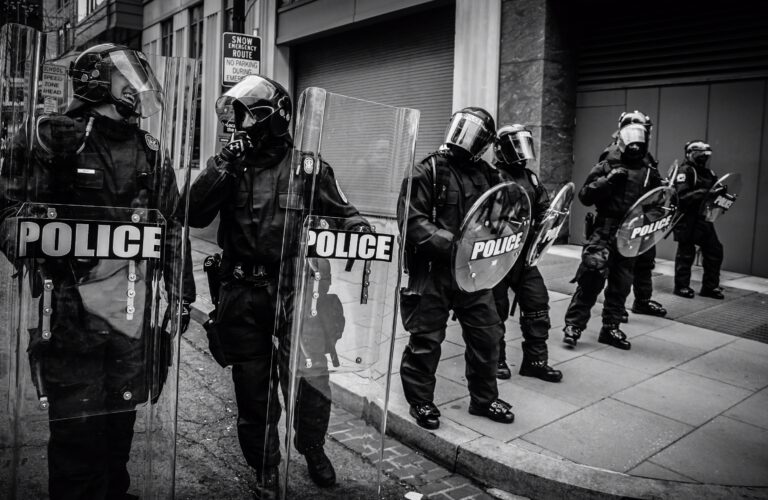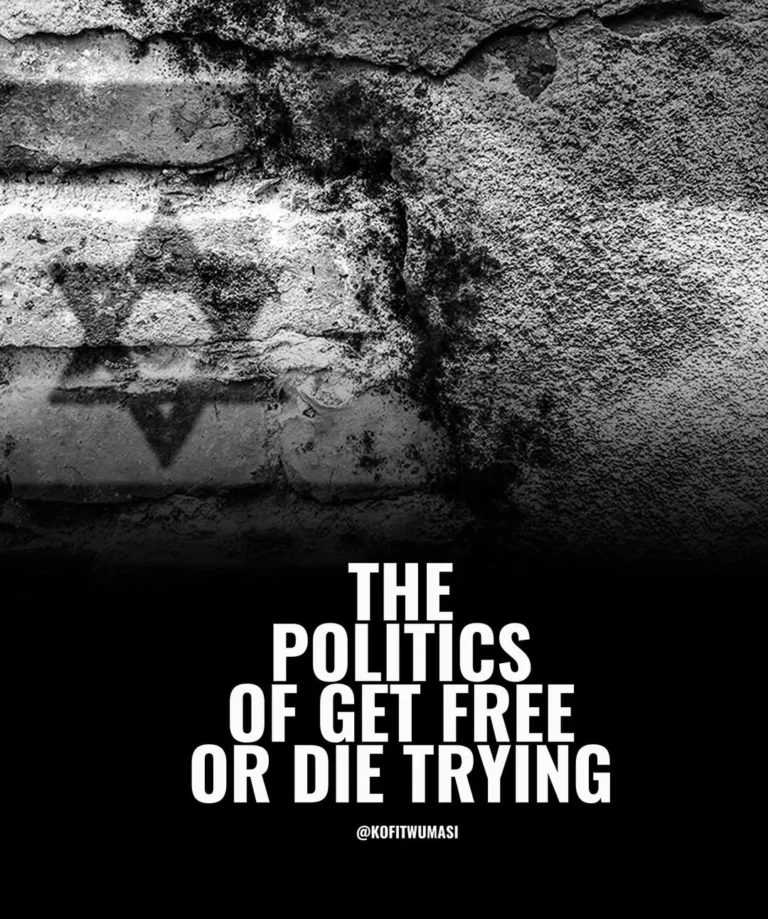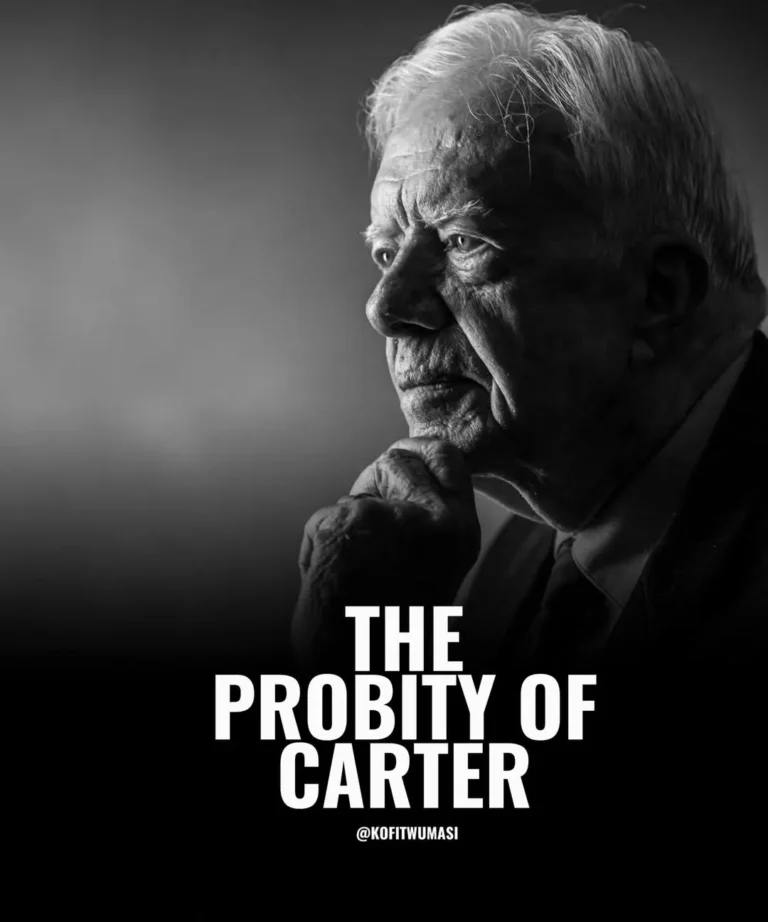In the bastion of a social fabric, democracy—is a valorized virtue that serves as a guarantor of freedoms to all citizens, from the anonymous to the anointed.
Civil legislation is paramount; venerated philosophers of the like of Thomas Paine and John Stuart Mill demonstrably proffered in their philosophical lexicon, that laws must scrupulously mirror the unalienable rights of life, liberty, and property, endowed to all mortal beings.
Legislative laws from antiquity, have been weaponized and propagandized by plutocrats, oligarchs, cronies, and self-serving lawmakers, for opulent benefits.
The non-altruistic transgressions, imbued in the shortcomings of the mortal, make it incumbent for inclusive-skewed legislative actors, to become circumspect to the precept of true democratic laws: fealty to democratic laws, abhors the depraving of persons who are pegged as anomalies to the socio-culture.
Sagacious concocted laws, as enumerated by Adiche “must safeguard the rights of the minority (while not marginalizing the majority), to thwart mob justice from the majority.”
The anti-LGBTQ+ bill, permeating on the soil of Africa, and gaining enactment in certain pockets on the continent, has drummed up contention; the bewildering precedence of the bill in a continent marred with dire socio-economic maladies and abject impoverishment, has innately raised misgivings about the true ideals of prioritized governance on the continent.
In tantamount, the dissenting excoriating purviews, toward the bill, are not a polemic on the prioritization of human rights in Africa, in lieu, it is a critique of the lawmakers’ stringent and enigmatic preoccupation on LBGTQ+, which does not proportionally equal to the continent’s vast ocean of economic conundrums, where merited chakra necessitates warranty.
In the advent of Ghana’s anti-LGBTQ+ bill passage in parliament, a cauldron of conjectures has emanated: theonomous purviews, heteronomous orientations, geopolitical dimensions, population control schemes, historical metanarratives—have been forged as utilities, to buttress the bill, and in tandem, chide the bill for its grotesque and inhumane treatment of sexual identities that are anomalies to the orthodoxical notions of sexuality.
Contrary to what purveyors of the bill may contend, legislative bills are to become concocted from a tabula rasa—a posture that discerns one’s innate biases—and empties them, to ensure a mortal’s unbridled presuppositions vis a vis a hermeneutical lens of theonomy or heteronomy, does not become an arbiter in an enactment of civil legislation.
At the crux of legal legislation must precipitate a solemnity of mellowed cogitation that adequately probes the contours and factors that constitute a crime (typically conduct, not identity), while simultaneously parsing the appropriate retribution of a crime (as a deterrence), mused, in the context of neutrality to a sizable degree.
Preservation of morality, supplemented with a heteronomous and theonomous tradition (as Kant, would be swift to deduce that morality can emanate from pure reasoning sans a heteronomous or theonomous vantage juncture), are sacrosanct virtues that a social ecology must not be destitute of, as, such probities, should equally be weighed factors that are not remote in the drafting of a bill; however, legal legislation must be contoured as a form of socio-contract that spawns equity for all citizens devoid of heteronomous or theonomous prejudices.
Laws are not civil instruments concocted to spawn a monocultural or a mono-religious milieu; the gestation of laws must become constructed through discerning lawmakers, who prudently contemplate the binary of the immoral (as immoral acts can be lawful to preserve equity) and the moral, to insulate the rights of the general body politic sans deliberate injury on any citizens.
The construction of laws must not torpedo the minoritized.
